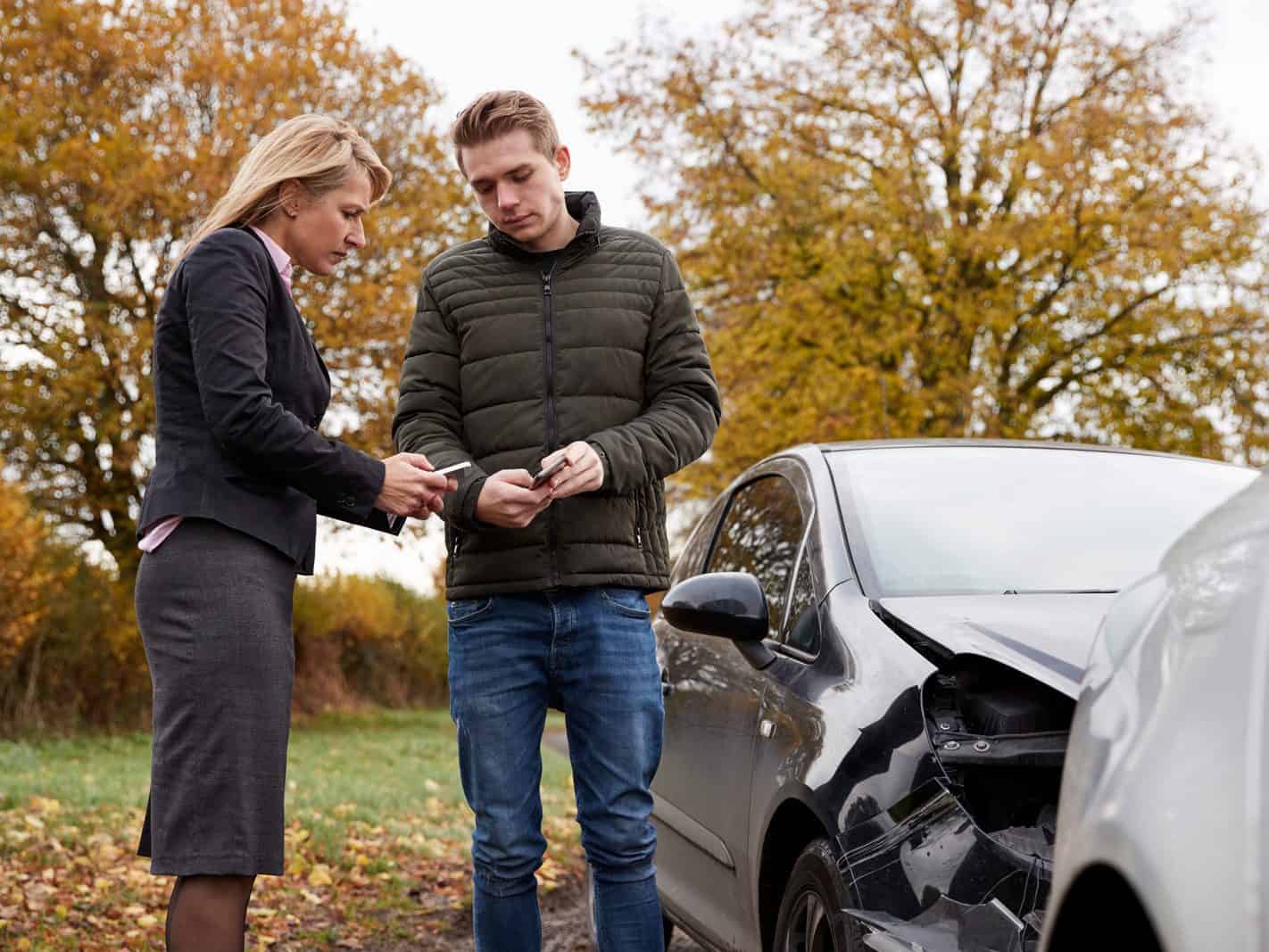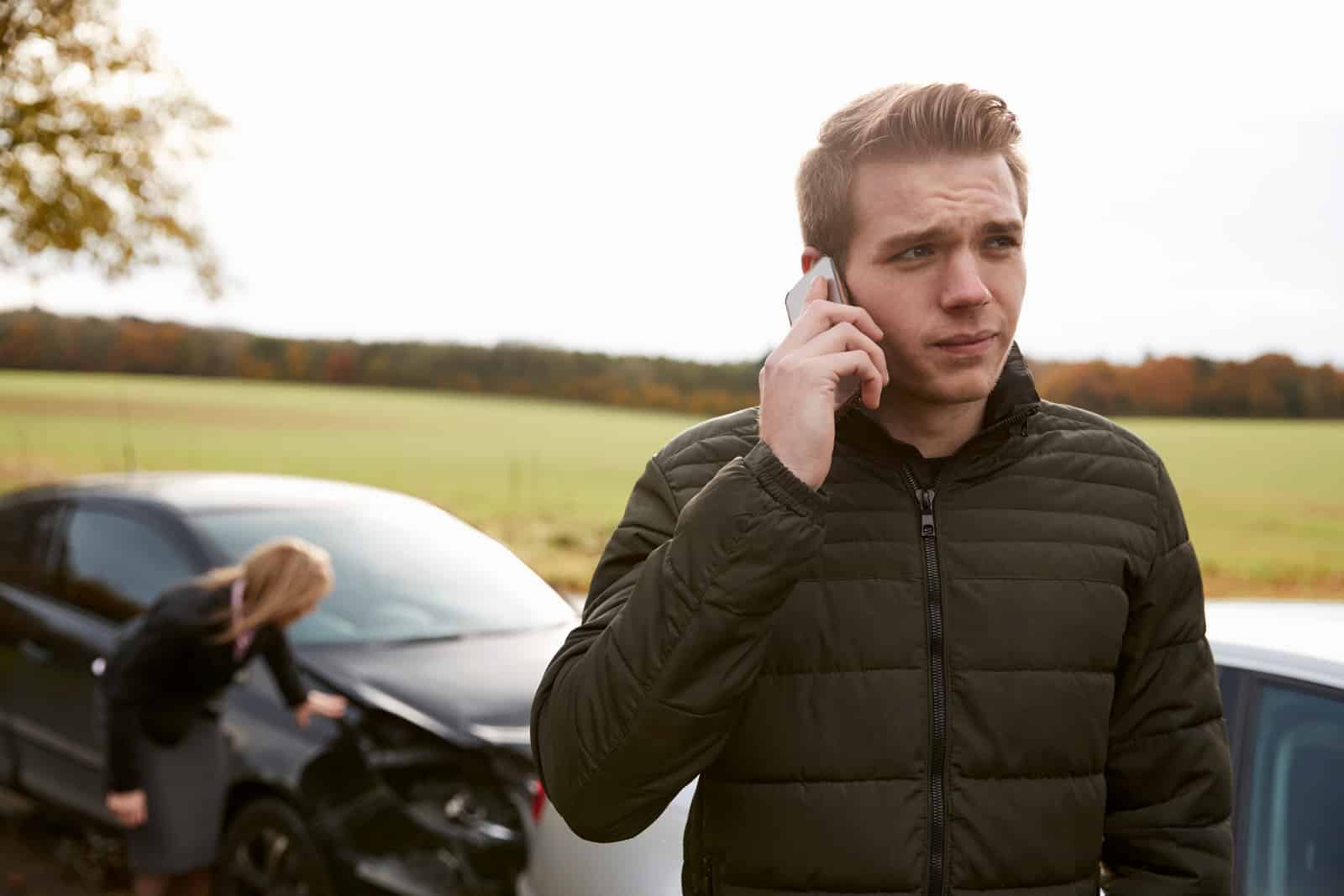Most people who have been involved in a car accident may be too shocked or are unaware of what they are required to do immediately after the accident.
The below is a simple checklist that you should follow after a car accident:
1. Call Emergency Services
Keep calm and assess your injuries. If anyone involved in the incident requires urgent medical attention, call 000 and ask for an ambulance to attend the scene. If anyone is trapped, or the accident presents a dangerous situation, request that that the fire brigade also attend.
Regardless of whether the accident seems minor or serious, you should call the police. Having the police attend the scene means there will be a record of who was there, what happened and will assist the police in determining who was likely at fault.
Where police do not attend the scene, you should still report the accident at your local police station as soon as you can after the accident.
When you report the accident to the police, ask for the event number. If the police do not wish to create a police report, ask for the name of the officer and record when you attended the police station.
Reporting the accident to the police is important as it records the accident’s details and it is a requirement if you wish to pursue a personal injury claim.
2. Record details about the accident and those involved
Details about the accident:
- Date and time
- Location
- Take photos of all the vehicles involved in the accident from multiple points of view, including:
- The registration numbers of the vehicles
- Damage to the vehicles and any property
- Relevant traffic signs and lights
- The entire scene.

The people involved:
- Their full name, number and address
- Take a photo of the drivers’ licence
- Registration details
- Insurance details
- Male and model of all vehicles involved.
Witnesses:
- Their full name and contact details
- Any evidence they collected (e.g. photos, videos).
3. Seek medical attention (even for non-urgent injuries)
Some injuries may not be noticeable in the shock of a car accident. Additionally, some symptoms can worsen in the days that follow.
For all non-urgent injuries, it is best to seek medical advice from your doctor to mitigate the extent of your injuries and ensure you receive proper treatment.
Your doctor’s clinical notes will also serve as a record of the injuries you sustained in the accident.
4. Notify your insurer
It is important that you notify your third-party property/comprehensive insurer of the accident and provide them with the above details.
Each company has a different set of procedures you need to follow after an accident. Generally, they will ask for as much information as possible about the accident and the parties involved.
5. Seek legal advice
Under motor vehicle accident legislation, you may be entitled to certain benefits, such as wage payments and reimbursement of treatment expenses. You may also be entitled to make a lump sum claim for your injuries and/or your economic loss and loss of superannuation benefits.
There are strict time limitations that apply to the lodgement of claims. If you do not comply with the time limit, you may be prevented from making a claim and receiving compensation.
As this is a complex area of law, we highly encourage that you seek legal advice as soon as possible to ensure you can make the most out of your entitlements.
Get in touch with your injury compensation specialists at Lionheart Lawyers today on (02) 9299 0112 for a free (and obligation free) initial assessment of your claim.
